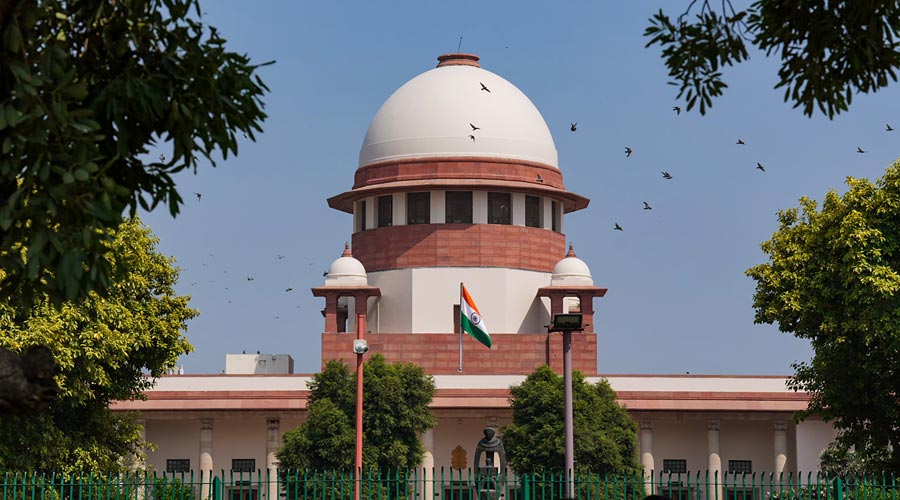A Supreme Court ruling that allows high courts to review transfer pricing judgments of the income tax appellate tribunal (ITAT) will only make the resolution of the disputes more cumbersome, given the expected rise in litigation against adverse tribunal orders, tax experts said.
The Supreme Court has set aside a Karnataka High Court order that held that in the matter of transfer pricing, determination of the arm's length price by the ITAT shall be final and cannot be the subject matter of scrutiny by the high courts.
Transfer pricing refers to the pricing of goods and services within an organisation, which determines the tax liability of an Indian subsidiary of a foreign company. There is often disputes between foreign companies and Indian tax authorities in calculating tax liability.
The Supreme Court set aside the Karnataka High Court judgment in a batch of matters led by Softbrands/SAP Labs on the issue of comparables selection in transfer pricing cases and whether it constitutes a ''substantial question of law".
The Karnataka HC had held that the verdict of ITAT shall be final and cannot be a subject matter of scrutiny by the high court under Section 260A as no substantial question of law arises in such cases.
The Supreme Court, however, ruled that there cannot be any absolute proposition of law that in all cases where the tribunal has determined the arm's length price the same is final and cannot be the subject matter of scrutiny.
Under the income-tax law, an appeal against an order of an appellate tribunal can be made to the jurisdictional HC. However, an HC can only admit an appeal if it is satisfied that the case involves a “substantial question of law”.
IndusLaw Partner Shruti KP said: "The SC ruling will result in increase in litigation at the high court level, as both taxpayers and department, may prefer appeals to the high court against adverse tribunal orders, even in respect of comparable and filters used."











